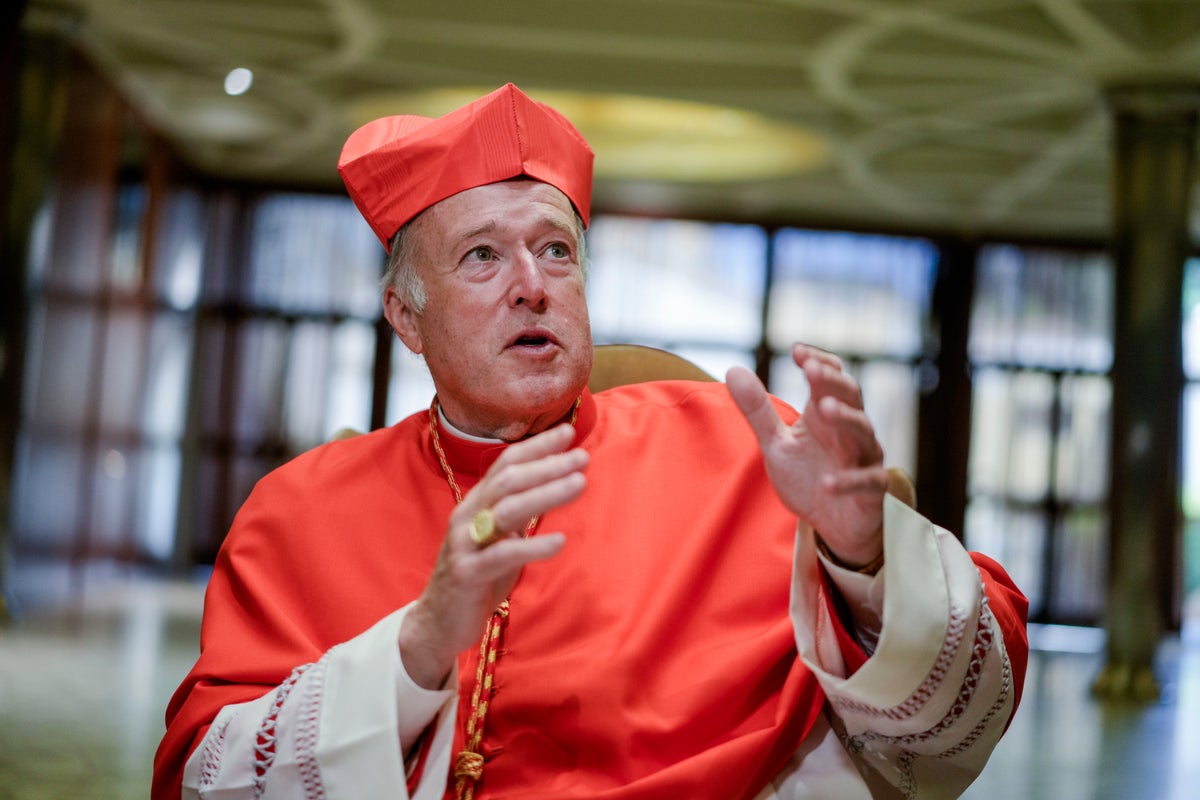
The Roman Catholic Diocese of San Diego said Friday it may declare bankruptcy in the coming months as it faces “staggering" legal costs in dealing with some 400 lawsuits alleging priests and others sexually abused children.
In a letter that was expected to be shared with parishioners this weekend, Bishop Robert McElroy said the cases were filed after California lifted a statute of limitations on childhood sexual abuse claims.
Assembly Bill 218, which was signed into law in 2019, allows alleged victims to sue up until age 40. Also, beginning in 2020, it opened a three-year window for filing lawsuits without age limitations.
Most of the alleged abuse cited in the suits took place 50 to 75 years ago, and the earliest claim dates to 1945, Kevin Eckery, communications director for the diocese, said at a Friday news conference, KNSD-TV reported.
Eckery predicted that it would cost the diocese $550 million to settle the cases, none of which have gone to trial.
In his letter, the bishop said none of the suits involve allegations against any currently serving priest.
“This reflects the reality that the Church has taken enormous steps to root out the sexual abuse of minors in its life and to promote the protection of minors," McElroy wrote.
Even so, the diocese is facing “staggering" legal costs and most of its assets were used to settle previous allegations with a $198 million payout in 2007, McElroy wrote.
“Even with insurance, the diocese will not be able to pay out similar sums now," the letter said. “This challenge is compounded by the fact that a bill has now been introduced into the Legislature that seeks to eliminate the statute of limitations entirely, leaving the diocese vulnerable to potential lawsuits forever."
Bankruptcy would “provide a pathway" for the diocese to compensate sexual abuse victims while continuing to run its ministries, the bishop said.
The diocese has more than 100 active priests and covers San Diego and Imperial counties, an area of more than 8,800 square miles with a Catholic population of nearly 1.4 million, according to its website.







